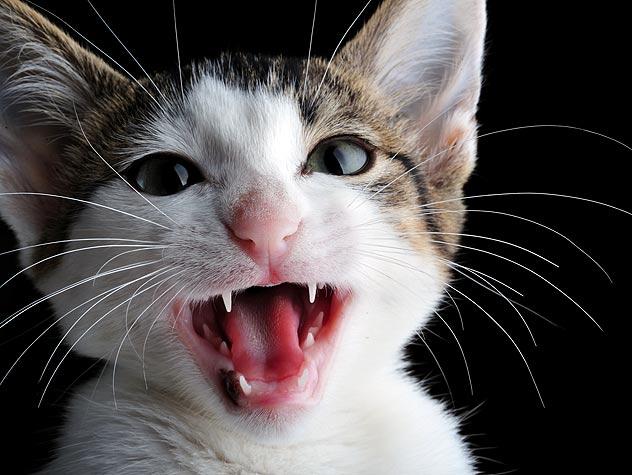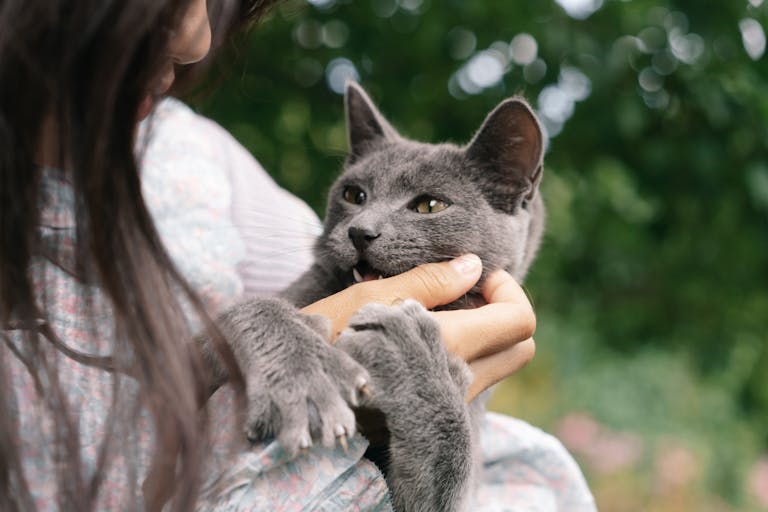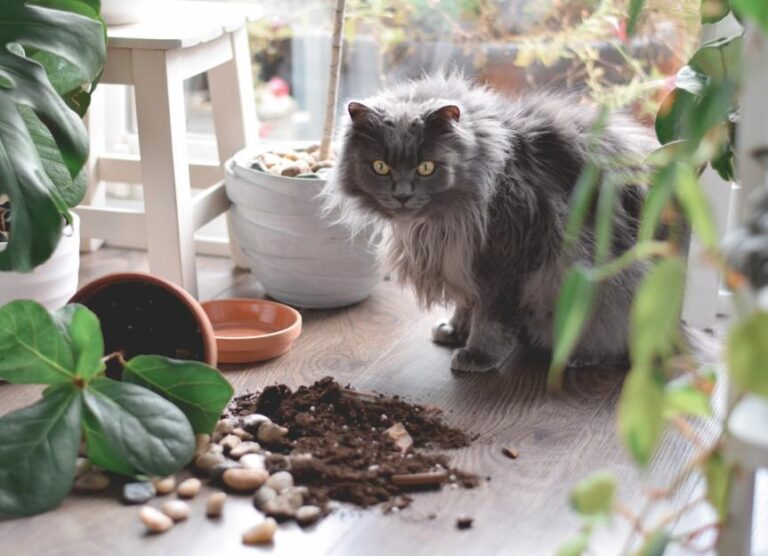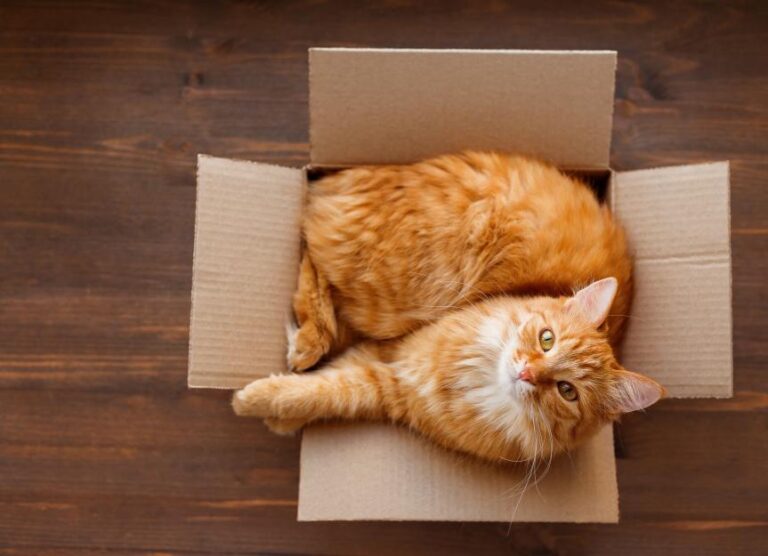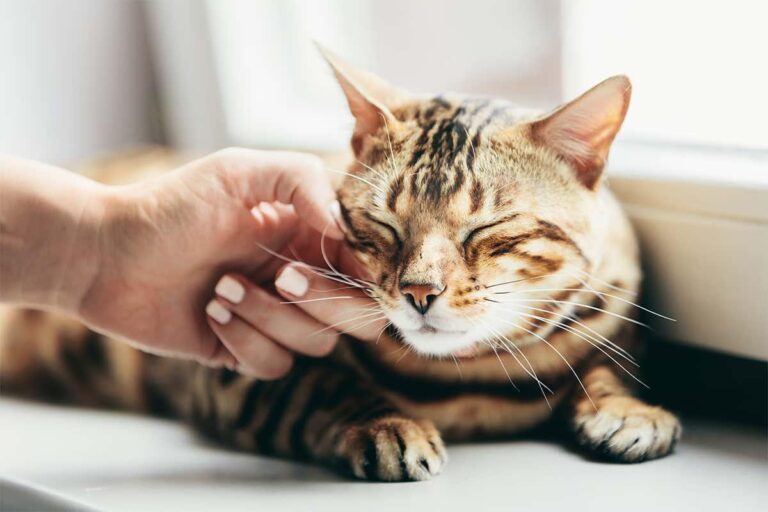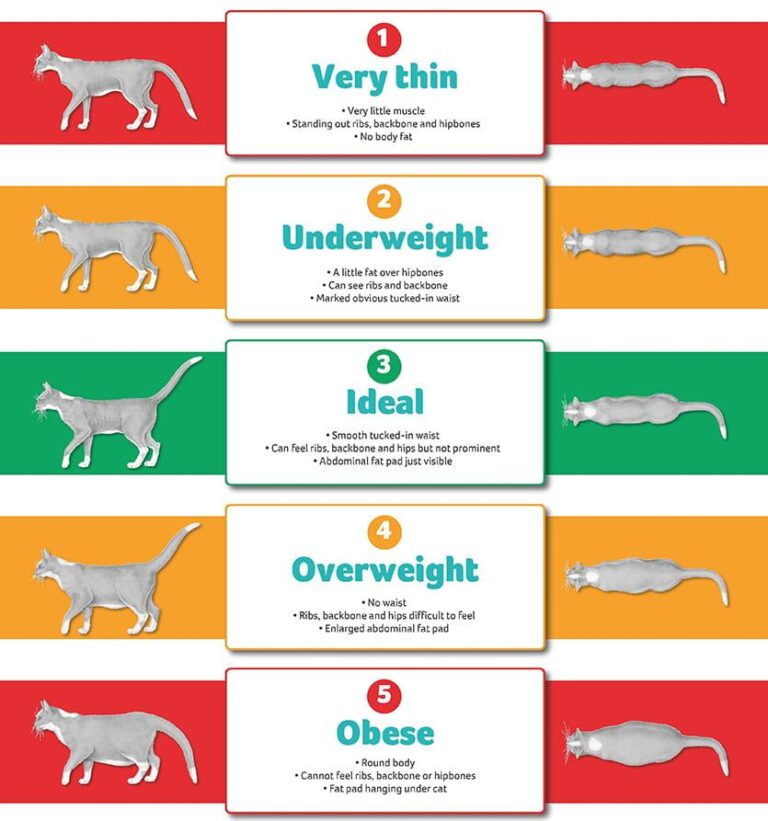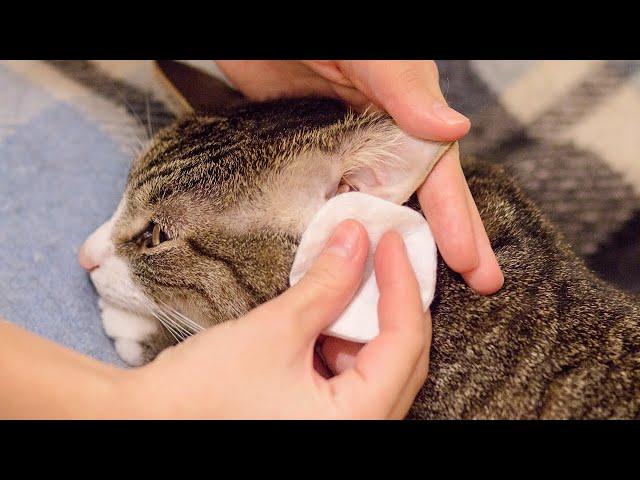Why Does My Cat Meow So Much? Common Reasons
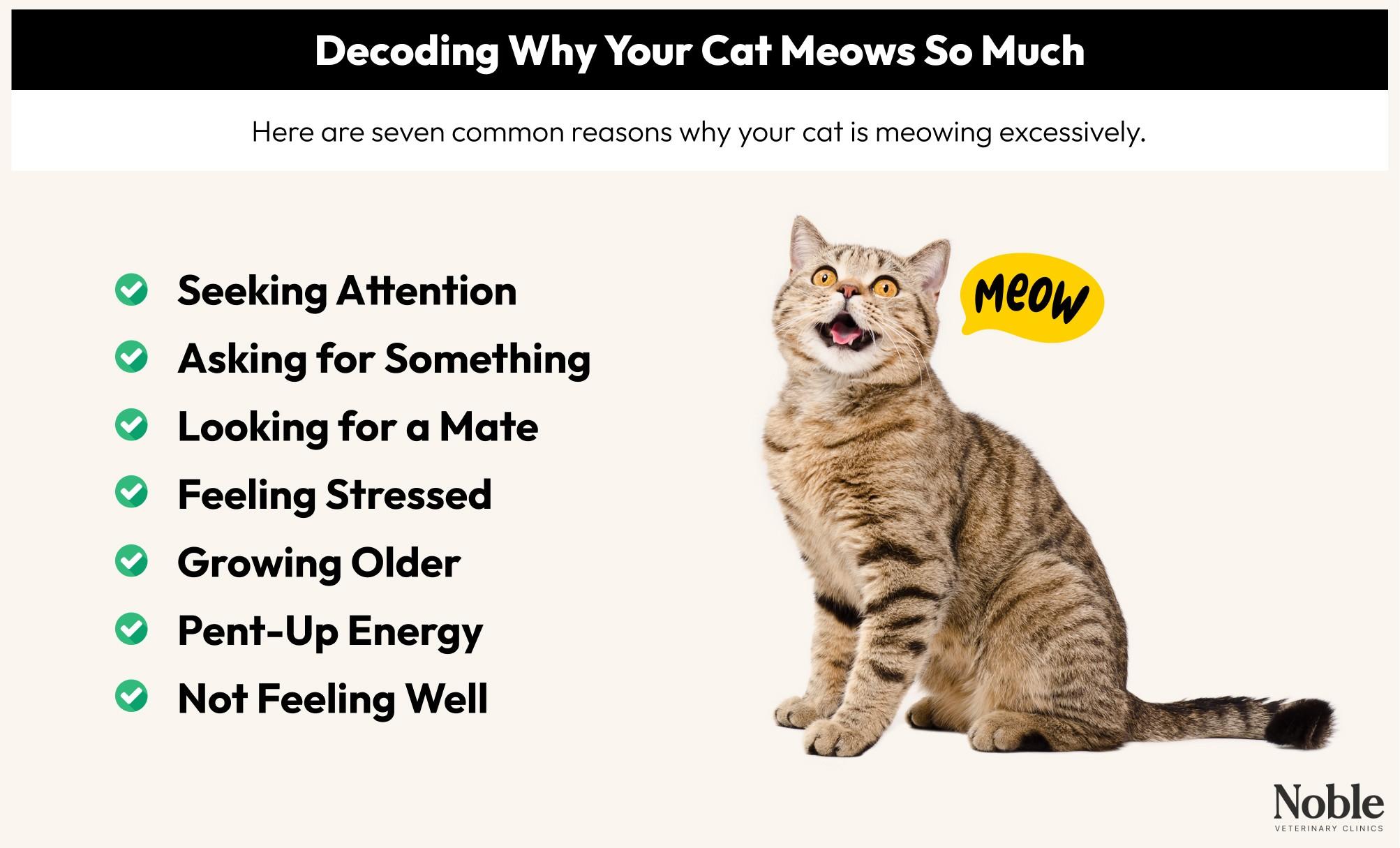
Why Does My Cat Meow So Much? Common Reasons
If you’ve ever felt like your cat’s meowing is a never-ending soundtrack to your day, you’re definitely not alone. Cats can be chatty little critters, and sometimes their vocalizing leaves us wondering, “What on earth are you trying to tell me?” Whether it feels like they’re telling you a life story or just asking for the twentieth snack today, understanding why your feline friend meows so much can make life a whole lot easier—and maybe a little quieter!
When Meowing Means More: Understanding Your Cat’s Voice
Meowing is a cat’s primary way of talking to humans. Unlike dogs, who use barking for various reasons, cats often reserve their meows just for us. So, when your cat is chatty, they’re likely trying to communicate something important. The question is: what exactly?
What’s Behind the Frequent “Meow”?
- Seeking Attention or Affection: Cats are social creatures—and sometimes they just want your company. If you ignore them, their meows might ramp up to get noticed.
- Hunger or Thirst: A classic! Your cat might remind you it’s dinner time or that their water bowl needs a refill.
- Stress or Anxiety: Changes in the environment—like moving, new housemates, or even loud noises—can get your cat a bit vocal.
- Medical Issues: Sometimes, excessive meowing can signal discomfort or illness. It’s their way of saying, “Something’s wrong!”
- Boredom or Lack of Stimulation: An understimulated cat might chat more to express frustration or loneliness.
- Mating Calls: Intact cats, especially unspayed or unneutered ones, may meow more when in heat or searching for a mate.
How to Tune in: Step-by-Step Tips for Decoding Your Cat’s Meows
To really understand what your cat’s trying to tell you, it pays to be a little detective and observer. Here are some ways to crack their meow-code.
1. Notice When the Meowing Happens
Does your cat start yowling just before dinner, or when you’re on the phone? Timing can be a huge clue.
2. Watch Their Body Language
A cat sitting with ears forward and tail twitching usually means playful or happy. Contrarily, flattened ears and a swishing tail might point to stress or irritation.
3. Pay Attention to Pitch and Intensity
A soft, repetitive meow often means “hello” or “I’m here,” while a loud, insistent yowl can mean they’re desperate for attention or warning of something wrong.
4. Check Their Environment
Are their toys put away? Is their litter box clean? Sometimes meowing hints at a missing comfort or necessity.
5. Consult Your Vet If Needed
If your cat’s vocalizing seems out of the ordinary, sudden, or accompanied by other symptoms (vomiting, hiding, decreased appetite), a vet visit is essential to rule out health problems.
Keeping the Peace: Mistakes to Dodge When Your Cat Won’t Stop Meowing
I get it—when the meows turn into a never-ending chorus, it’s easy to slip up. But some habits can actually make the meowing worse. Steer clear of these common pitfalls:
- Ignoring Persistent Meowing Completely: Sometimes, your cat is genuinely in distress. Ignoring their calls won’t help and can damage your bond over time.
- Giving Treats or Food Every Time They Meow: This may unintentionally train your cat that meowing equals getting something, encouraging even more noise.
- Reprimanding Loudly or Harshly: Yelling or scolding can scare or stress your cat, potentially increasing anxiety and vocalization.
- Neglecting to Provide Enough Play and Interaction: Without stimulation, cats often use meowing to express boredom or loneliness.
- Failing to Keep a Consistent Routine: Cats thrive on predictability; sudden changes can lead to increased meowing due to stress.
Helping Hands: Recommended Tools and Products to Calm the Chatterbox
Sometimes, a little help from the right tools can make a big difference in reducing your cat’s vocal demands and improving their comfort.
- Interactive Toys: Puzzle feeders and motion toys can keep your kitty entertained and mentally stimulated, reducing boredom meows.
- Calming Aids: Products like pheromone diffusers can create a soothing atmosphere for anxious cats.
- Water Fountains: Some cats meow when their water isn’t fresh. A flowing water fountain can keep them hydrated and happy.
- Litter Box Solutions: Self-cleaning or odor-controlled litter boxes help keep your cat’s bathroom spot inviting.
One product I’ve seen work wonders for talkative cats is the PetSafe SlimCat Interactive Toy and Food Dispenser. It makes your cat work for their food and keeps them engaged—a great boredom buster!
Wrapping It Up: Understanding Is the Key
At the heart of your cat’s meowing is their desire to connect, express, and be understood. It can be easy to feel overwhelmed by the non-stop chatter, but remember—each “meow” has meaning, and tuning into those messages strengthens the special bond you share.
Patience, observation, and a little detective work will help you figure out exactly what’s behind all that vocalizing. Sometimes it’s as simple as a less-than-full food bowl or a need for a good play session. Other times, it’s a bigger need for comfort, affection, or medical attention.
Above all, know you’re doing a great job loving your cat. Their voice may be loud, but it’s also their unique way of saying, “Hey, I love you!”
Bonus: Quick FAQs About Cat Meowing
Why do some cats meow more than others?
Some breeds are naturally more talkative—Siamese cats, for example—while individual personality, past experiences, and environment play big roles too.
Can excessive meowing be a sign of illness?
Absolutely. If your cat suddenly becomes much louder or meows constantly alongside other symptoms like lethargy or loss of appetite, get them checked by a vet.
How can I gently discourage my cat from meowing for attention?
Try giving attention when your cat is quiet rather than when they’re meowing. Also, ensure their needs are met with playtime, food, and comfort so they feel secure.

